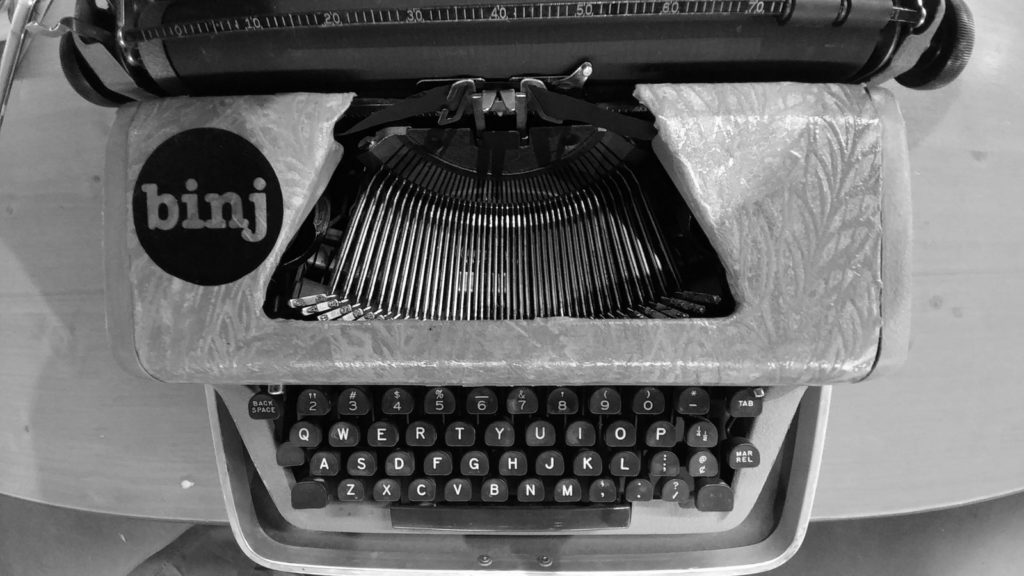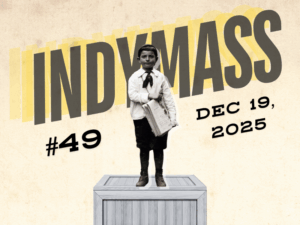“We are still only a fraction of what Gov. Baker projected where the state should be testing per day per week, we need to be ramping up significantly.”
As Yale scientists work on a new FDA-approved way to increase widespread, not-for-profit saliva testing for the coronavirus, Massachusetts officials are preparing to award a no-bid contract for saliva testing that could pay more than $1 million a day to a company that also manufactures male enhancement drugs.
Researchers say Yale’s new system isn’t ready for widespread use at this time, and may have unexpected costs. They also note that it has potential to sidestep production and supply chain problems that have bedeviled health officials trying to deal with COVID-19—issues that individual companies are especially susceptible to.
“The fundamental difference between Yale and other companies is with other companies you have to use their kit,” according to Dr. Michael Misialek, associate chair of pathology at Newton Wellesley Hospital. “When you go that route you’re immediately opening up to supply chain issues that we’ve seen throughout this pandemic. Tests are approved to a specific vendor, the crowd goes that way, and it’s only a matter of time before they experience supply chain issues.”
No-bid contract
On Aug 12, the Mass Executive Office of Health and Human Services released a notice of intent to contract with Vault Medical Services and Everlywell for “the routine testing of asymptomatic individuals” who have not necessarily been in close contact with people who have tested positive for COVID-19. State and municipal health organizations—along with public, private, and charter schools—would be able to contract with Vault to provide, collect, and process at-home and on-site saliva tests for the virus, with Everlywell using nasal swabs that are less intrusive than previous nasal tests.
An HHS spokesperson said that entering into a contract with Vault and Everlywell to provide products and services does not guarantee that health organizations and schools would purchase those products and services. Officials did not comment on how the state chose Vault/Everlywell for the no-bid contract, or about how long the contract would last.
Both companies started making coronavirus tests earlier this year and have received emergency authorization from the FDA. Everlywell also makes at-home lab tests for pregancy, allergies and food sensitivity, and Vault manufactures a testerone treatment “designed to give men a stronger sex drive, better results at the gym, and improved mental clarity,” according to its website.
The HHS notice says state officials are moving the contract through because of the emergency need for testing, and because the Vault/Everlywell plan “represents best value to the Commonwealth.” Still, it gives other potential providers until Aug 26 to propose comparable prices.
The costs the state is accepting are not cheap. Vault proposed four of the five tests provided, ranging from bulk on-site saliva tests not supervised by the company at $89.70, to individual saliva tests at $124.26, with Everlywell’s nasal test running $109. Three of Vault’s four kits include telehealth supervision by the company, and all of them require the kits to be returned to the lab Vault uses for testing.
And the state is planning for a maximum volume of up to 10,000 tests per day, according to documents provided with the notice of intent. With a test costing $100 or more, that’s $1 million a day. According to Vault’s website, its lab capacity is currently built to serve 30,000 requests per day and “is expanding to meet demand.”
Everlywell confirmed it has been speaking with state officials. Vault Medical Services did not return requests for comment.
New protocol
Testing for COVID-19 has been a major issue across the country during the pandemic, with officials using nasal swabs as the first widespread method. Saliva tests are easier for people to use at home, Misialek said, but still require expensive processing at sophisticated labs. And they rely on material like chemical reagents that may be in short supply as testing increases.
“Marketing as a kit leaves you open to supply chain issues,” Misialek said. “You have to mail it back to their lab that they approved, there’s a specific way to do the test.”
Earlier in the year, researchers at Rutgers University developed an at-home saliva test that Vault is using for its test kits. But Yale researchers took a different approach, Misialek said, building a “cookbook” that also received emergency FDA approval. The protocol for testing doesn’t rely on a specific setup, and can use multiple chemicals to prevent shortfalls. If one lab runs out, testing can go to another approved lab with the right equipment.
“Never before has the FDA approved the protocol, the cookbook for doing the test,” Misialek said. “What’s nice about it is it’s almost agnostic to the manufacturer of the platform and reagent supplies, the beauty of that is it gets around supply chain shortages we’ve seen throughout the pandemic.”
“Vault is trying to make testing widely available and it’s pretty expensive, shipping sends tests to a central lab,” said Dr. David Hamer, a professor of global health and medicine at Boston University and attending physician at Boston Medical Center. “Yale is trying to make it so collections can be done by any lab as long as they’re certified to do so.”
Labs with the equipment and supplies to use the testing protocol must get FDA approval for testing and apply for licensing to use the protocol. And for-profit labs need to negotiate a low price in exchange for the license, researchers said.
“If you represent a for-profit organization, we may issue a license. The license will be free, but we will want to negotiate how much you charge for the tests,” according to the Yale project’s materials. “We made this to be inexpensive, and we need those savings to be transferred to your customers.”
Researchers said they expected tests to ultimately cost $10, but Hamer said costs would likely not be that low.
“The low cost is for collection preparation, but you still have the cost for the test,” Hamer said. “But the prep costs are important, those can be relatively expensive.”
“Game changer”
Both Hamer and Misialek said Yale’s protocol wasn’t yet at the point where it can be widely used. Researchers are still examining its ability to test asymptomatic patients, through a partnership with NBA players currently playing and being tested in Orlando. And more labs still need to be brought on board to scale up testing, Hamer said.
“The approach they’re taking is great … the logistics and arrangements are what we need to make happen. That’s where the challenge lies,” Hamer said. “Schools and universities really need to do testing. Reduced costs get to the point where we’re ready to run.”
Misialek said the polymerase chain reaction (PCR) testers used in the test is an expensive piece of equipment that small labs might not have, but large academic centers and commercial labs—of which Mass has many—have those resources. The bigger issue is creating automated testing for the process, he said.
“Until we get to the point where it’s automated, it still needs to be ramped up,’ Misialek said. “This is the first step in what I think will be a significant game changer to deal with testing backlog, deal with schools, businesses, anywhere people congregate.”
Ultimately, Misialek said, state officials will need to use many kinds of testing, including antigen tests and DNA sequences, mimicking Yale’s diffuse, multi-resource protocol on a larger scale.
“Like Yale has its protocol, from a macro standpoint it makes sense to have multiple testing technologies as well,” Misialek said. “We are still only a fraction of what Gov. Baker projected where the state should be testing per day per week, we need to be ramping up significantly. All solutions are welcome and should be embraced by the state.”








